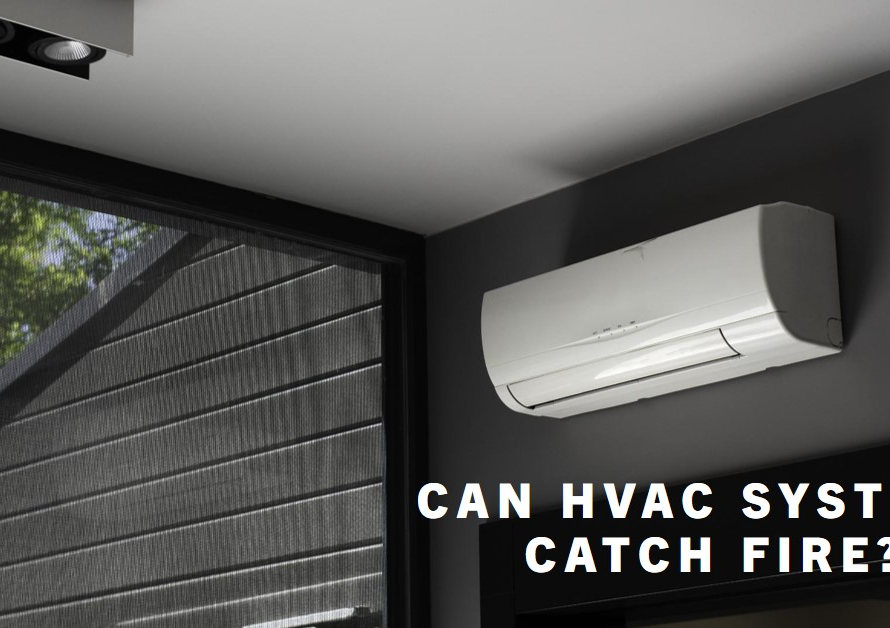
Table of Contents
1. Introduction: The Rise of Heat Pump Technology
Heat pumps have emerged as versatile and energy-efficient solutions for both heating and cooling residential and commercial spaces. This blog post explores four compelling reasons why individuals and businesses should consider adopting heat pump technology for their HVAC (heating, ventilation, and air conditioning) needs. From environmental benefits to cost savings, heat pumps offer a range of advantages that make them a preferred choice in modern building systems.
2. Energy Efficiency: Reducing Environmental Impact
One of the most significant benefits of heat pumps is their exceptional energy efficiency compared to traditional heating and cooling systems. Heat pumps work by transferring heat from one place to another, rather than generating heat through combustion or electrical resistance. This process consumes significantly less energy, resulting in lower electricity consumption and reduced greenhouse gas emissions. By choosing heat pumps, individuals and businesses can contribute to environmental sustainability by lowering their carbon footprint and promoting energy conservation.
3. Dual-Functionality: Heating and Cooling in One System
Unlike conventional HVAC systems that require separate units for heating and cooling, heat pumps offer dual-functionality within a single system. Heat pumps can extract heat from the outdoor air (air-source heat pumps) or underground (geothermal heat pumps) to provide heating during colder months. Conversely, they can reverse the process to cool indoor spaces during warmer months, acting as air conditioners. This versatility not only streamlines HVAC installations but also optimizes year-round comfort without the need for separate systems, reducing equipment footprint and installation costs.
4. Cost Savings: Lowering Utility Bills
The energy efficiency of heat pumps translates directly into cost savings for homeowners and businesses. By consuming less electricity for heating and cooling operations, heat pump users experience reduced utility bills compared to traditional HVAC systems. Additionally, heat pumps can qualify for various energy efficiency incentives, rebates, and tax credits offered by governments and utility companies, further enhancing cost savings and return on investment over the system’s lifespan.
5. Consistent Comfort: Precise Temperature Control
Heat pumps excel in providing consistent indoor comfort by maintaining precise temperature control throughout the year. Unlike some traditional heating systems that may produce uneven heating or cooling, heat pumps distribute conditioned air evenly across indoor spaces, eliminating hot or cold spots. Advanced heat pump models offer programmable thermostats, zone control features, and smart connectivity options, allowing users to customize temperature settings according to their preferences and occupancy patterns, enhancing comfort and energy efficiency.
6. Quiet Operation: Enhanced Living and Working Environments
Noise levels can significantly impact indoor comfort and productivity in residential and commercial settings. Heat pumps are known for their quiet operation, particularly compared to traditional HVAC systems with noisy compressors or fans. The smooth and efficient operation of heat pumps ensures minimal disturbance, creating serene living spaces, peaceful work environments, and improved overall well-being for occupants. This quiet operation is especially beneficial in bedrooms, offices, libraries, and other areas where noise reduction is crucial.
7. Durability and Longevity: Reliable Heating and Cooling Solutions
Heat pumps are designed for durability and longevity, offering reliable heating and cooling solutions for years to come. With proper maintenance and regular servicing, heat pumps can outlast many traditional HVAC systems while maintaining peak performance efficiency. The absence of combustion processes in heat pumps reduces wear and tear on components, minimizing the risk of mechanical failures and extending the system’s lifespan, providing long-term value and peace of mind to users.
8. Environmental Compatibility: R-32 Refrigerant Advantages
Modern heat pumps often utilize environmentally friendly refrigerants such as R-32, which have lower global warming potential (GWP) compared to older refrigerants like R-410A. R-32 refrigerant offers improved energy efficiency, reduces carbon emissions, and aligns with global efforts to phase out high-GWP refrigerants in favor of more sustainable alternatives. Choosing heat pumps with eco-friendly refrigerants contributes to environmental protection and compliance with evolving regulatory standards.
9. Flexibility in Installation: Versatile Applications
Heat pumps offer flexibility in installation options, making them suitable for various building types, sizes, and climates. Air-source heat pumps are relatively easy to install and ideal for most residential and light commercial applications, requiring minimal outdoor space for unit placement. Geothermal heat pumps, although requiring more extensive installation due to ground loop systems, provide exceptional energy efficiency and climate control benefits, making them suitable for larger properties and environmentally conscious buildings.
10. Conclusion: Embracing Energy-Efficient HVAC Solutions


In conclusion, the adoption of heat pump technology presents compelling advantages for individuals and businesses seeking energy-efficient, cost-effective, and environmentally friendly HVAC solutions. From energy savings and dual-functionality to consistent comfort and quiet operation, heat pumps offer a holistic approach to indoor climate control while aligning with sustainability goals and regulatory requirements. Embracing heat pump technology not only enhances living and working environments but also contributes positively to global efforts towards energy conservation and environmental stewardship in building practices.


